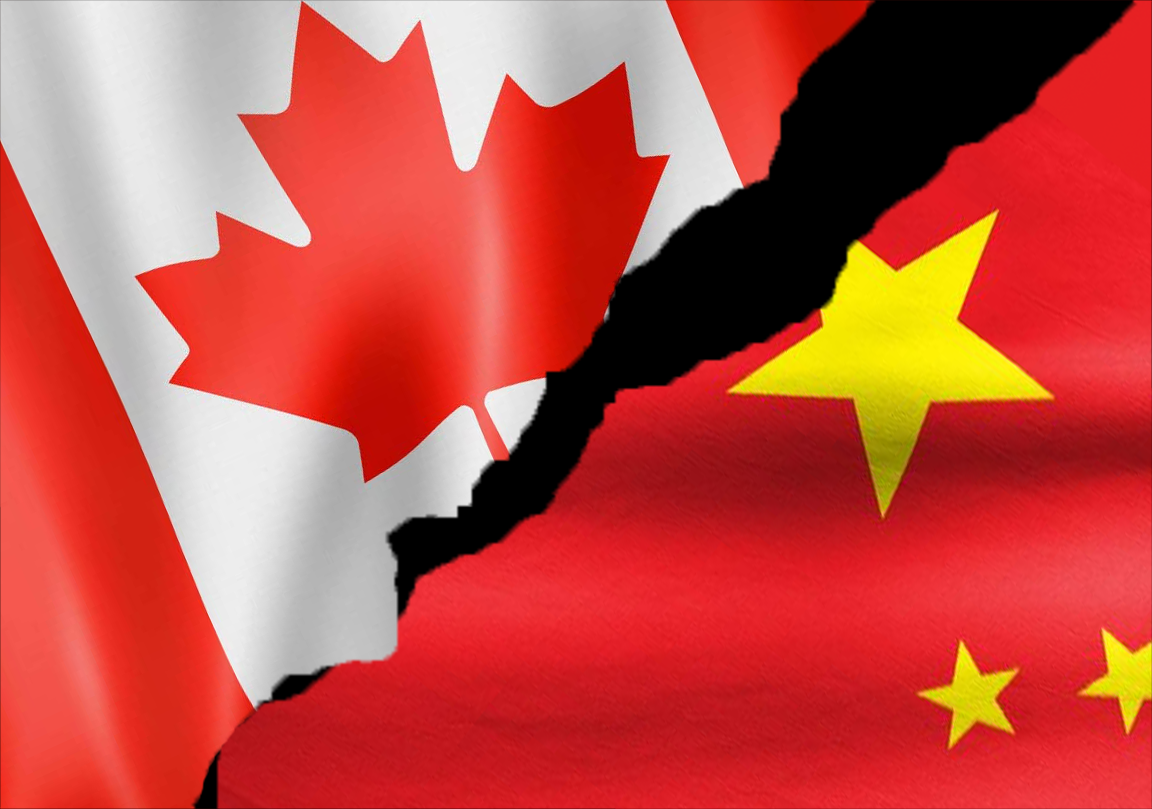您想继续阅读英文文章还
是切换到中文?
是切换到中文?

THINK ALUMINIUM THINK AL CIRCLE

Canada reconfirms introducing tariff surcharges on aluminium and steel for Chinese enterprises. The tariff will be applicable effective October 22, 2024, on the finalised list of products from China.
{alcircleadd}
The confirmation came from Deputy Prime Minister and Minister of Finance Chrystia Freeland, as the government agrees that this will safeguard workers and businesses in Canada's aluminium and steel industries against China's unfair trade policies and consequently prevent trade diversion resulting from recent actions taken by Canadian trading partners.
"We are moving in lock-step with key international partners to protect Canadian workers and businesses in our steel and aluminium sectors from China's intentional, state-directed policy of overcapacity and oversupply, which is undermining Canada's ability to compete in domestic and global markets. Canada is taking decisive action to level the playing field and protect Canadian workers and investments in Canadian industry," conveyed Deputy Prime Minister and Minister of Finance Chrystia Freeland.
However, these surtaxes will not be applicable to Chinese goods in transit to Canada as on October 22, 2024.
On August 26, the Canadian Government declared its plan to imitate the United States 25 per cent tariffs on China-origin aluminium and steel and 100 per cent on electric vehicles, intending to address unfair trade practices caused by the influx of cheap Chinese goods.
Chinese unfair trade practices comprise frail standards across EV supply chains, poor labour standards, a lack of environmental protections, and trade policies supporting oversupply. On the other hand, investments in manufacturing sectors prove critical to Canada's future prosperity and the net-zero transition, such as batteries, semiconductors, solar, and vital minerals, are jeopardised by China's non-market practices and weak standards across its supply chains.
François-Philippe Champagne, Minister of Innovation, Science and Industry, added another perspective to the international trade surcharge, "Canada has proud auto, steel and aluminium sectors, ones that have supported generations of workers and built communities. As the world moves to reduce pollution and keep our air clean, we have attracted historic investments in building EV manufacturing capacity and creating good-paying jobs here in Canada. That is why our government is continuing to take concrete actions, to make sure we continue to strengthen our domestic supply chains and bolster access to critical commodities."
Earlier, a Chinese spokesperson from the embassy in Canada stressed that Chinese electric vehicles do not rely on subsidies for competitive advantage, so Canada's accusation of China's so-called overcapacity holds no ground. China has urged the Canadian Government to focus on actuality and reconsider their decision while assuring that it will take all necessary measures to protect the rights and interests of Chinese enterprises.
However, some stakeholders are bothered about constraints in adjusting supply chains ahead of the measures coming into effect. Addressing the concern, the government declared that it would plan and review the Canadian industry with time to resolve the issue. The government intends to introduce a mechanism for reviewing requests for duty relief. Potential factors that may be included in this system are situations of shortage that require additional time to switch to alternative sources of supply.
Responses








